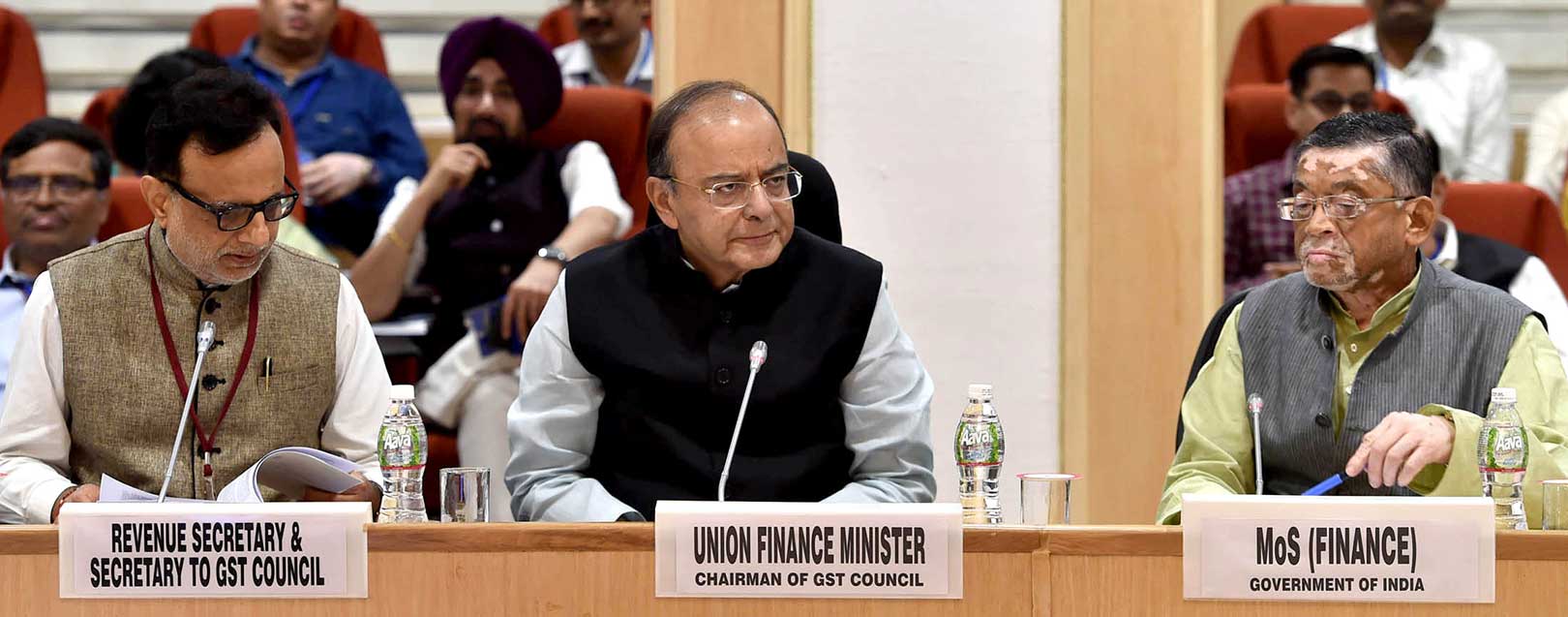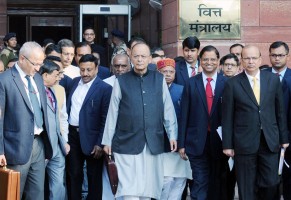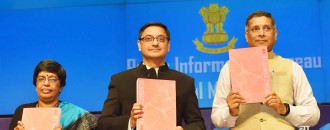
GST Council meet: Relief to exporters, small business; rate cut on 27 items
The Dollar Business Bureau
After three months of the implementation of the Goods and Services Tax (GST), the GST Council, in its 22nd meeting on Friday has announced various measures to further simplify the new indirect tax regime.
These measures include easing of rules for exporters, increase in composition scheme limit, relief to small and medium businesses in payment and filing of taxes, and rate cut in tax for 27 items.
“It’s almost three months since GST roll out. Returns have been filed for first two months as well. So it was a time to deliberate on its effect on various trades and the transition,” said Finance Minister Arun Jaitley in a press briefing after the GST Council meeting.
Relief to exporters
Taking stock of the problem being faced by the exporters with regards to liquidity their working capital get blocked, the GST Council has decided immediate disbursement of refunds for the month of July from October 10 and for August by October 18 onwards. For the remaining financial year, the exporters operate under an exempted category and have to pay a nominal GST of 0.1% on purchasing of goods from local traders for export.
The Council has also decided that an e-wallet system is to be created for exporters, to be launched from April 1, 2018, through which they will pay taxes and get their refunds. They will also get some notional credit as advance in their e-wallets.
“As a long term solution, an e-wallet will be created for every exporter where a notional amount will be given in advance...the refund will be offset later against that amount. The e-wallet option will be launched by 1st April,” Jaitley said.
Ease for Small Businesses
At the meeting, the Council took various decisions in a bid to provide relief to small and small businesses. The businesses having turnover of up to Rs.1.5 crore annually, constitute about 90% of the taxpayer base but pay just 5-6% of the overall tax, are now allowed to file returns on quarterly, instead of filing monthly returns.
The turnover limit for businesses availing composition scheme was raised to Rs.1 crore from present Rs.75 lakh.
Jaitley informed that around 72 lakh taxpayers have been transferred to the GST network whereas 25-26 lakh are new taxpayers.
A majority of these taxpayers have turnover below Rs.1 crore and though they have a low tax input, the compliance burden is quite high on them. Therefore, the GST Council took the decision to increase the threshold for small business to Rs. 1 crore under the composition scheme from the current Rs.75 lakh, he said.
The change over for small and medium businesses to quarterly filing of tax would start from October 1 whereas for the first three months from the implementation of GST, they will have to file returns on monthly basis..
In addition, the Council has decided to create a group of ministers (GoM) to look into the issues of extending composition scheme on inter-state trade and rationalising tax on restaurants. The GoM will have to file its report within a two-week period.
Rate Cuts
The Finance Minister said that the Council has decided to cut rates on 27 items. GST on unbranded ayurvedic medicine, unbranded namkeen, sliced dried mango, khakra, paper waste, e-waste, plastic waste, rubber waste, was slashed to 5% from 12%. In addition, GST on food for school children under Integrated Child Development Scheme (ICDS) reduced to 5% instead of 12%.
In a relief to textile traders, the GST rate on man-made yarn has been slashed from 18% to 12%.
Tax rate on diesel engine parts, pump parts, stones used for the purpose of flooring (non-marble and granite), and stationery items has been fixed at 18%, down from 28%.
On the services front, job works such as imitation, zari, food items and printing items will now attract 5% GST instead of 12%. Service providers, having revenues less than 20 lakh, have been included under the GST exempt list.
GST, which was rolled out on July 1, is a landmark tax reform which has subsumed around 17 indirect taxes and turned the entire country into a single market.





